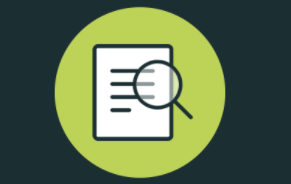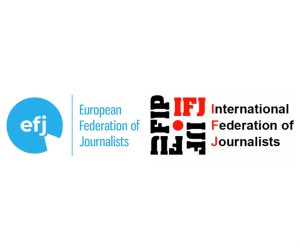Media literacy is more important than ever for today’s youth in this age of disinformation. Future citizens must be taught how to navigate the modern news landscape. Young people also need to be helped to have the critical literacy skills needed to identify a credible news story.
The additional resources include a total of eight new case studies tackling topics concerning privacy and personality rights, human dignity, discrimination, reporting on suicides and the separation of editorial content and advertising.
Two educational videos were also produced as part of the second development of the MIL Toolkit enriching the audiovisual materials of the toolkit already produced on media discrimination of vulnerable groups of society and reporting suicides.
The first video focuses on the separation of editorial content and advertising. The second video offers reflections and advises on privacy.
To complement the MIL Toolkit, a podcast was produced to reach out the young generation through platforms they usually consume news on. The first episode will discuss how to handle “Reporting on accident and victims” through an analysis of reporting standards in the European media.
The MIL Toolkit contains now a total of 17 case studies and roleplay exercises identified by European Press Councils from Austria, Belgium, Switzerland, Finland and Germany, 4 educational videos and one podcast.
A special attention was devoted this year to the separation of editorial content from advertising through dedicated case studies and one video.
Alexander Warzilek, managing director at the Austrian press council said: “In times of misinformation, permanent digitalisation and unrest, media literacy is a key issue for our future generations. This toolkit will train young people from all over Europe to improve not only their understanding of different media ethics issues, but also their skills in evaluating media coverage and information in general. The role plays, which are based on real cases dealt with by the press councils, offer a practical approach to learning about this topic. Experience shows that students benefit from and enjoy their participation.”
“The Media Literacy Toolkit is a pan-European project for a pan-European challenge: Strengthening the skills of young media consumers faced with an abundance of sources of information. Independent Press Councils have an important role to play here. We stand for quality journalism and media accountability,” added Roman Portack, managing director at the German press council.
With this toolkit, teachers will be able to organise role-playing exercises with their students on given case studies to prepare proceedings of a fictitious Press Council.
The Toolkit objectives are to:
- Strengthen student’s media literacy
- Allow students to understand the relevance of independent media and self-regulation for a democratic society
- Raise students’ awareness of the significance of freedom of the press and of the responsibilities of journalists towards individuals and groups of society mentioned in their coverage
- Familiarise students with good standards for journalism
- Encourage student sensitivity for issues on discrimination
- Allow students to distinguish information from a trustful or untrustful source
- Enhance student communication and presentation skills
- Distinguish between editorial content and advertising
The Toolkit is available in English and restricted to teachers only.




